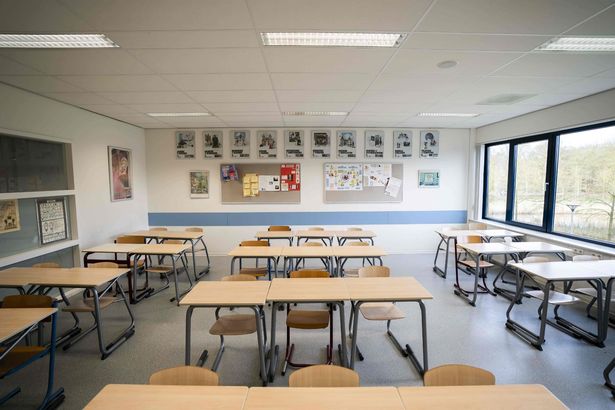

COVID–19 and Youth Labour Market Transitions in the UK
by Geena Whiteman on the 30/04/2020
Whilst COVID-19 may not be perceived as a direct threat to the health of the majority of young people in the UK, it poses a direct economic impact on young people’s livelihoods; namely, their transition from school to work and the early stages of their careers. The pandemic to-date has already infected close to one million people across the world, claimed more than 2,000 deaths in the UK alone, sent stock markets crashing and sparked vast warnings that economies and businesses are heading for a deep slump. Young people in the UK are set to be the hardest hit demographic in terms of long-term economic impact, due to the impact on education systems, job loss and the consequential long-term unemployment. Sangheon Lee, head of the International Labour Organisation (ILO) argues that “Young people tend to be more affected by these crises than other age groups, so that is why we very much worry about the impact of the COVID-10”. Young people are disproportionately more affected by economic shock, as they’re more likely to be engaged in precarious and insecure employment, usually in the services or hospitality sector, and are more likely to be considered as disposable in the corporate chain. They are less likely to have a safety net of savings to fall back on and are neglected in government policies such as universal credit, universal basic income or unemployment benefit.
The unemployment rate in the UK for 18-24 year olds sat at 10.4% last year, compared to an overall UK unemployment rate of 3.4%. On the surface, these figures aren’t too shocking – however, employment on a zero-hour contract with zero hours of work scheduled still classifies a young person as being ‘employed’, which is the situation for many young people. Young people in further and higher education are also classified as being in ‘employed’, with those engaged in some form of formal education taken out of the unemployment measurement. The working experiences of young people across the UK are shaped by diverse and complex circumstances which are inextricably interconnected, such as family background and connections, ethnicity, religion, gender and education. We can safely assume that youth unemployment will see a drastic rise in the next six months, but current policies and protocols in place have the potential to hinder the labour market transitions of young people for years to come, particularly those from economically disadvantaged or socially marginalized backgrounds.
Whilst the cancellation of GCSEs and A-Level exams was initially met with a breath of relief from many young people across the UK, this quickly shifted to disappointment following the announcement that awards will be given off of existing predicted grades. For young people from working-class or BAME backgrounds, many find they often overachieve their predicted grades due to unconscious bias. Being awarded a grade that is one or two below what you could have achieved has a serious long-term impact on young people, hindering their ability to take certain A-Levels, enter into apprenticeship schemes or university of choice. In the longer-term, this hinder their chance to enter elite graduate schemes that not only base acceptance off degree classification, but A-Level and GCSE achievements. Not only does this restrict upward social in certain industries, but it widens the already growing inequality between state and privately educated students across the UK.
The recent announcements of the capping of university places for the 2020/2021 admission cycle were initially outlined to prevent universities recuperating financial losses by increasing student numbers. However, the capping of university places and the awarding of predicted grades locks out many highly-able but underestimated students from lower-income and marginalized backgrounds from entering university. The two options available to young people at this point is to either retake the following exams – at a cost they may be unable to afford, or to give up on ambitions of the university and enter employment. However, with the economic recovery following this pandemic looking to go on for years to come, how will a shrinking labour market absorb the growing group of non-university entrants when they’ll be competing with graduates and well-connected young people in similar positions, seeking entry-level roles?
The impact of COVID-19 will shake up the entire global economy, make us rethink about globalization and hopefully rethink our current approach to public health in the UK. It will also highlight the glaring inequalities we see not only in the poorest of countries but in our own country here, the UK. COVID-19 is set to shift the way we think about the future of work, the nature of the workplace and what essential work means, but it will also have a deep, scarring effects on young people graduating from schools, colleges and universities into the current economic crisis, which will take years, if not decades, to fade.
0 comments
No comments on this blog yet. Would you like to be the first?